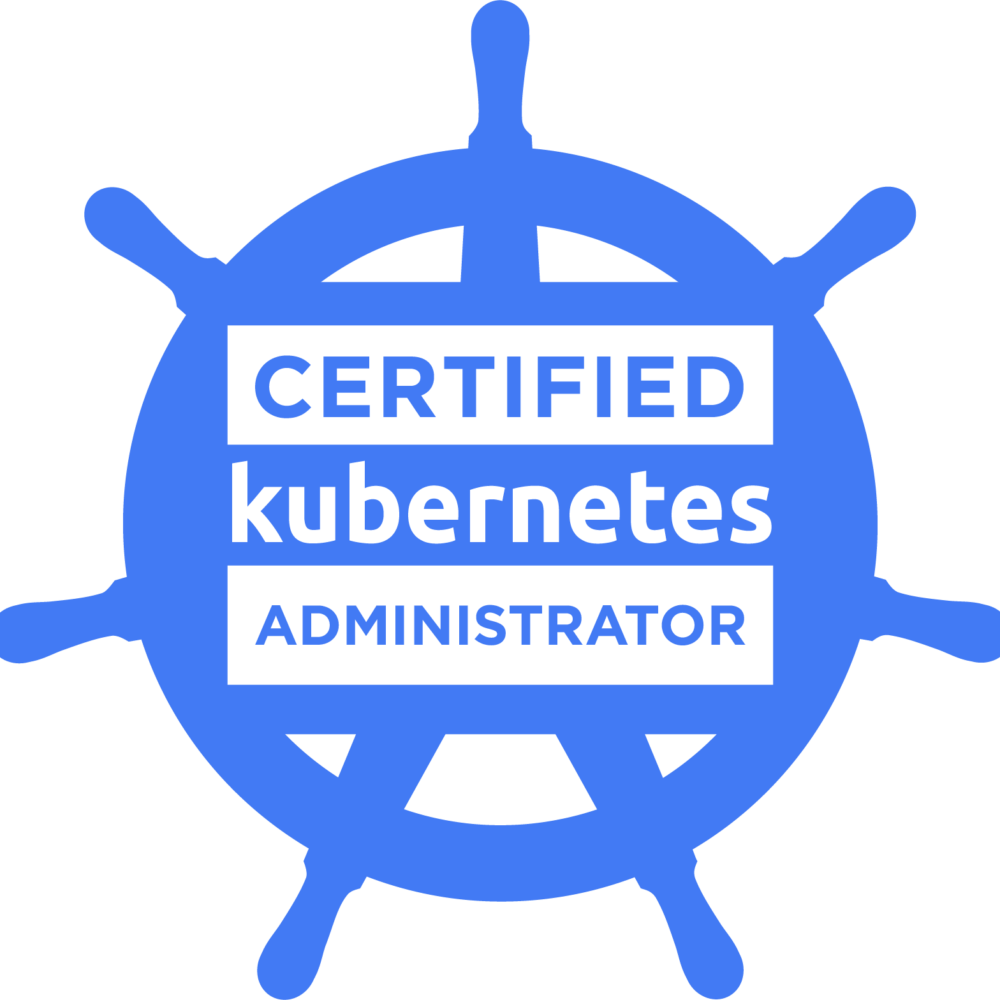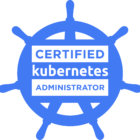Understanding the Importance of Kubernetes Security
Kubernetes, often referred to as K8s, empowers organizations to manage containerized applications seamlessly across diverse environments. However, the dynamic nature of Kubernetes clusters can expose them to various security threats, including unauthorized access, data breaches, and runtime vulnerabilities. Securing Kubernetes requires a multifaceted approach encompassing authentication, authorization, network policies, pod security, and more. The Certified Kubernetes Security Specialist course equips participants with the knowledge and skills needed to design, implement, and manage robust security measures within Kubernetes environments.
Course Curriculum Overview
The Certified Kubernetes Security Specialist course offers a comprehensive curriculum designed to cover all aspects of Kubernetes security. Participants delve into foundational concepts such as Kubernetes architecture, container security principles, and threat modeling methodologies. From there, the course progresses to more advanced topics, including:
Authentication and Authorization: Understanding Kubernetes authentication mechanisms such as client certificates, service accounts, and token-based authentication. Implementing role-based access control (RBAC) policies to enforce least privilege principles and limit access to sensitive resources.
Network Policies: Configuring network policies to control traffic flow between pods and enforce segmentation within Kubernetes clusters. Mitigating the risk of lateral movement and unauthorized access by defining granular network controls.
Pod Security: Implementing pod security policies (PSPs) to define security standards for pod creation and execution. Enforcing container runtime constraints, Rancher Administration Training Courses Online privilege escalation prevention, and secure handling of sensitive data within pods.
Security Monitoring and Logging: Leveraging Kubernetes audit logs, container runtime logs, and monitoring tools to detect security incidents and anomalous behavior. Implementing robust logging and monitoring pipelines for real-time threat detection and incident response.
Security Best Practices: Following industry best practices for secure Kubernetes deployment, including image scanning, vulnerability management, secure configuration management, and compliance validation.
Hands-On Labs and Practical Exercises
The Certified Kubernetes Security Specialist course emphasizes hands-on learning through a series of practical labs and exercises. Participants gain real-world experience by configuring security controls, implementing defense-in-depth strategies, and responding to simulated security incidents within Kubernetes clusters. By working with industry-standard tools and technologies, participants develop the skills necessary to tackle real-world Kubernetes security challenges confidently.
Certification and Career Opportunities
Upon successful completion of the course, participants earn the Certified Kubernetes Security Specialist (CKS) certification, validating their expertise in Kubernetes security. This prestigious certification demonstrates proficiency in safeguarding Kubernetes environments and enhances career prospects for security professionals seeking to specialize in cloud-native technologies. CKS-certified professionals are in high demand across industries, with opportunities ranging from cybersecurity consulting and DevSecOps roles to cloud platform engineering and Kubernetes security leadership positions.








.jpg)







Write a comment ...